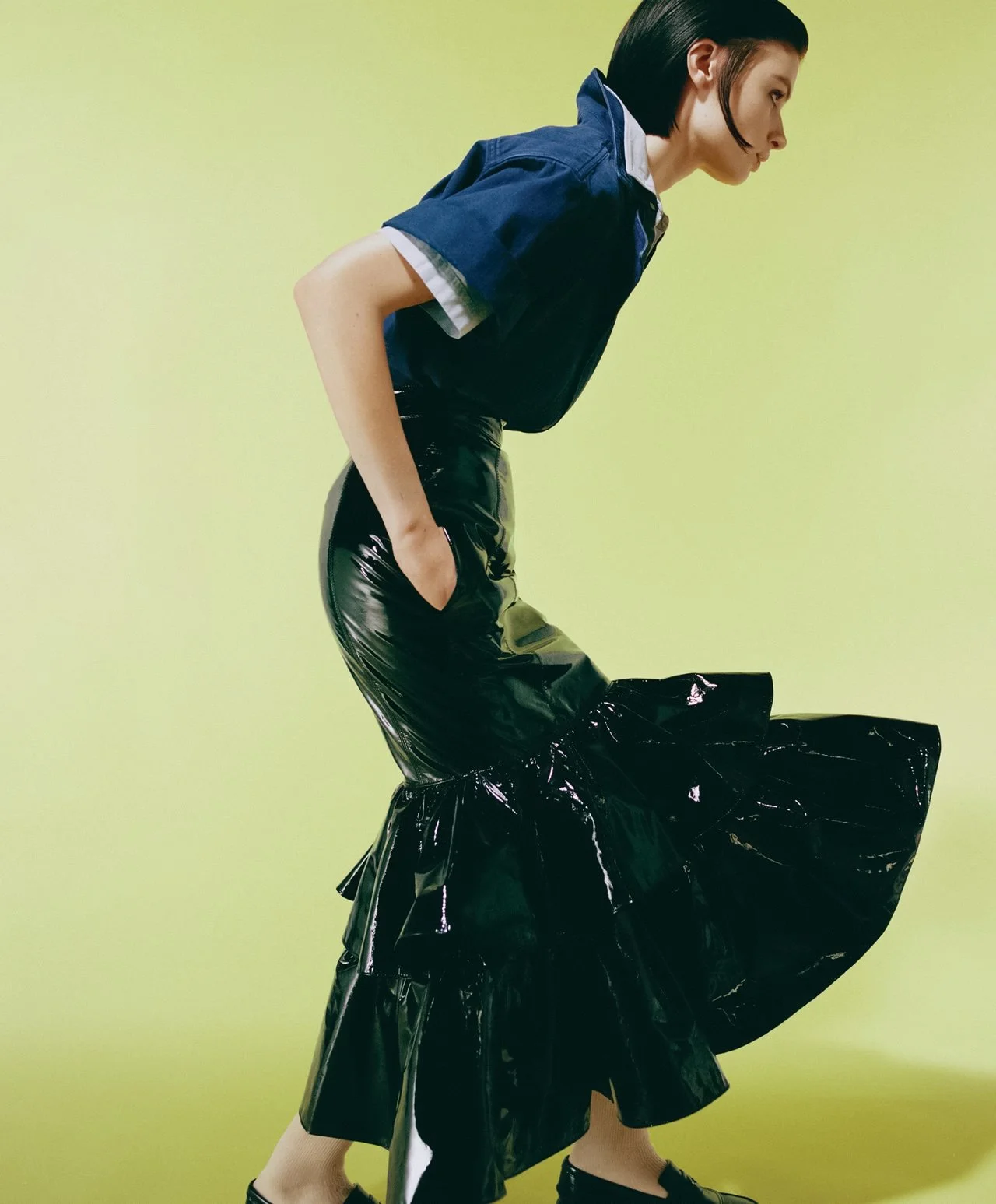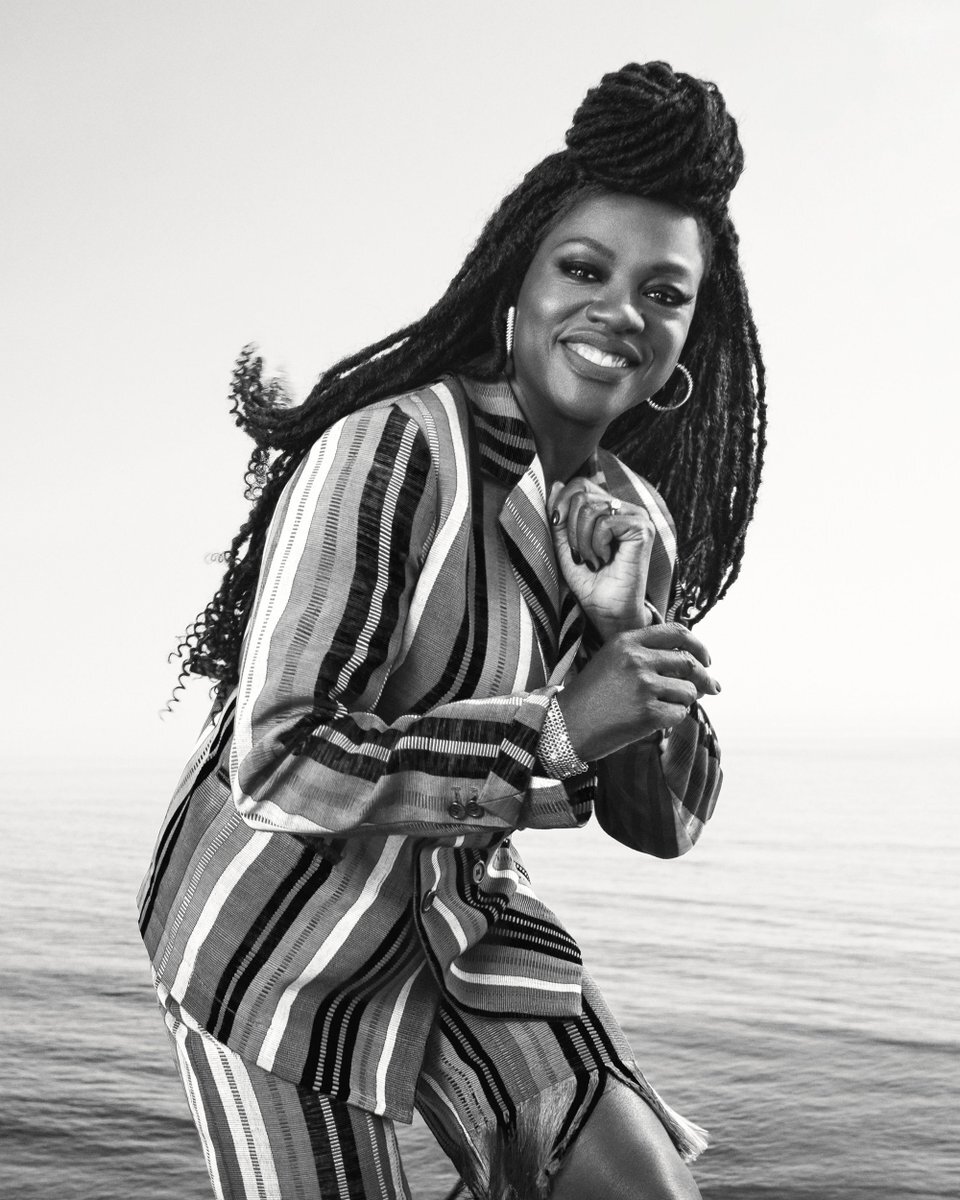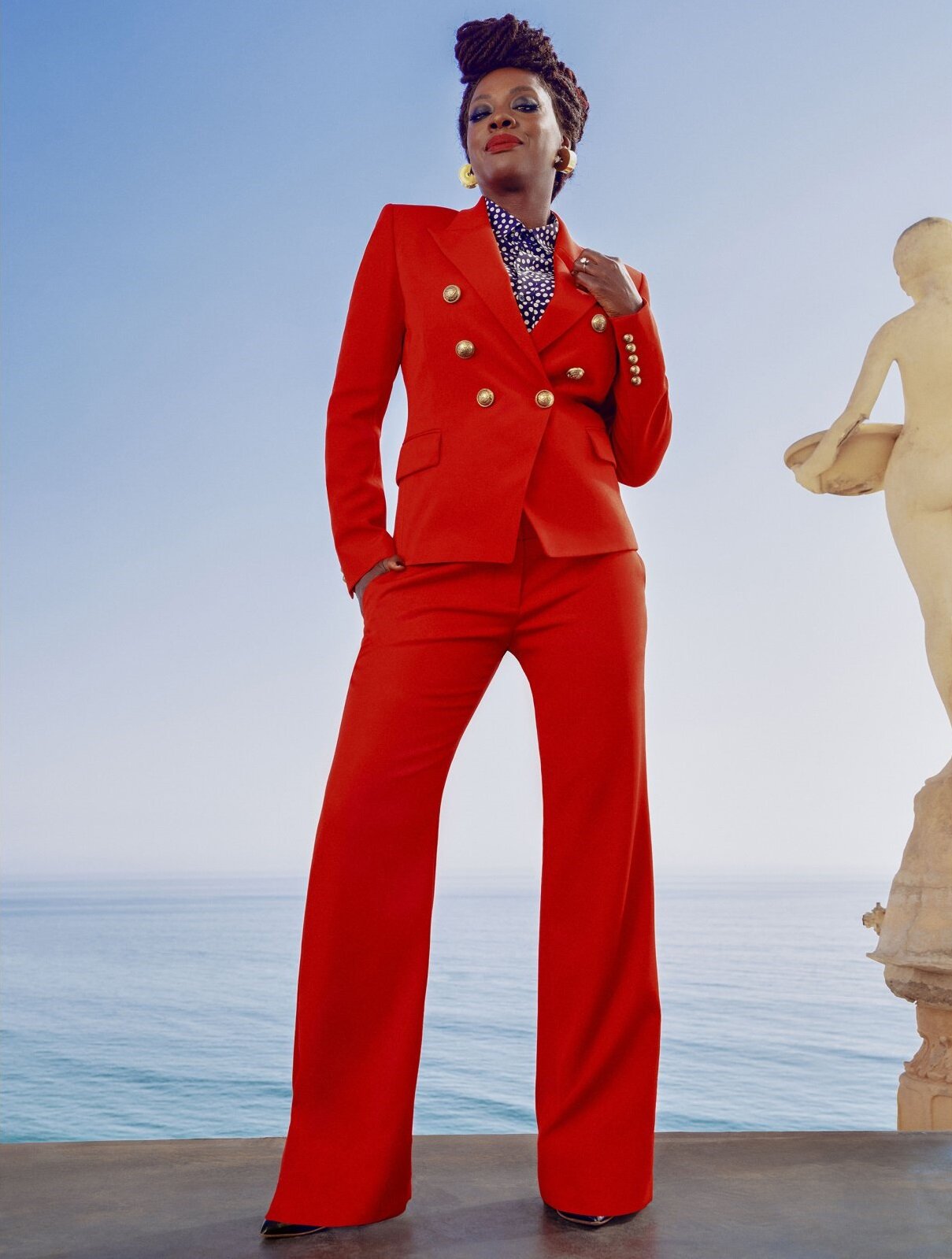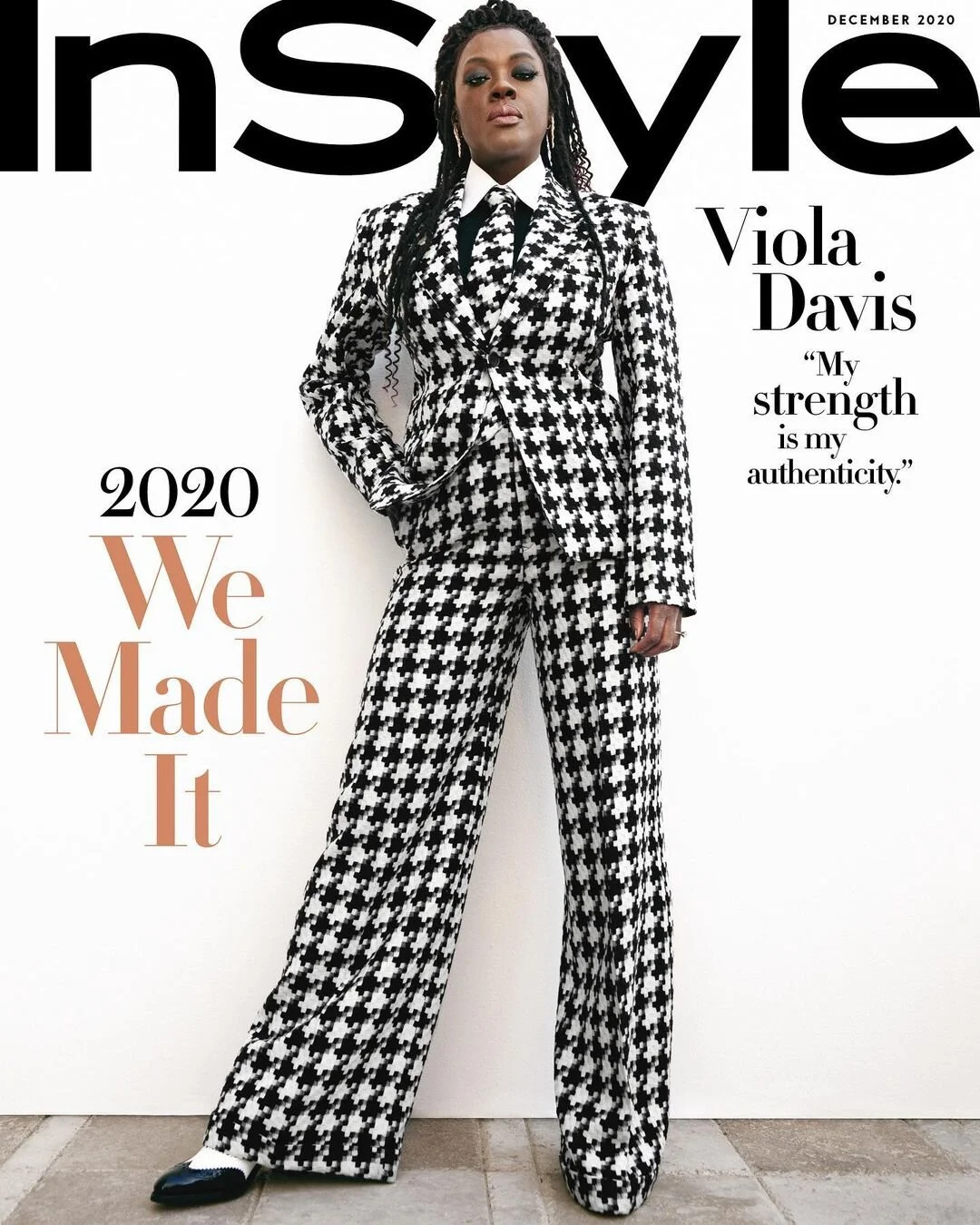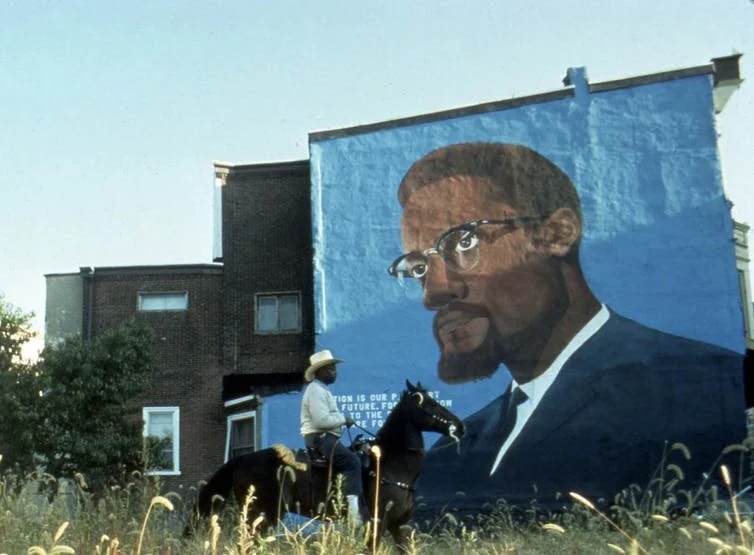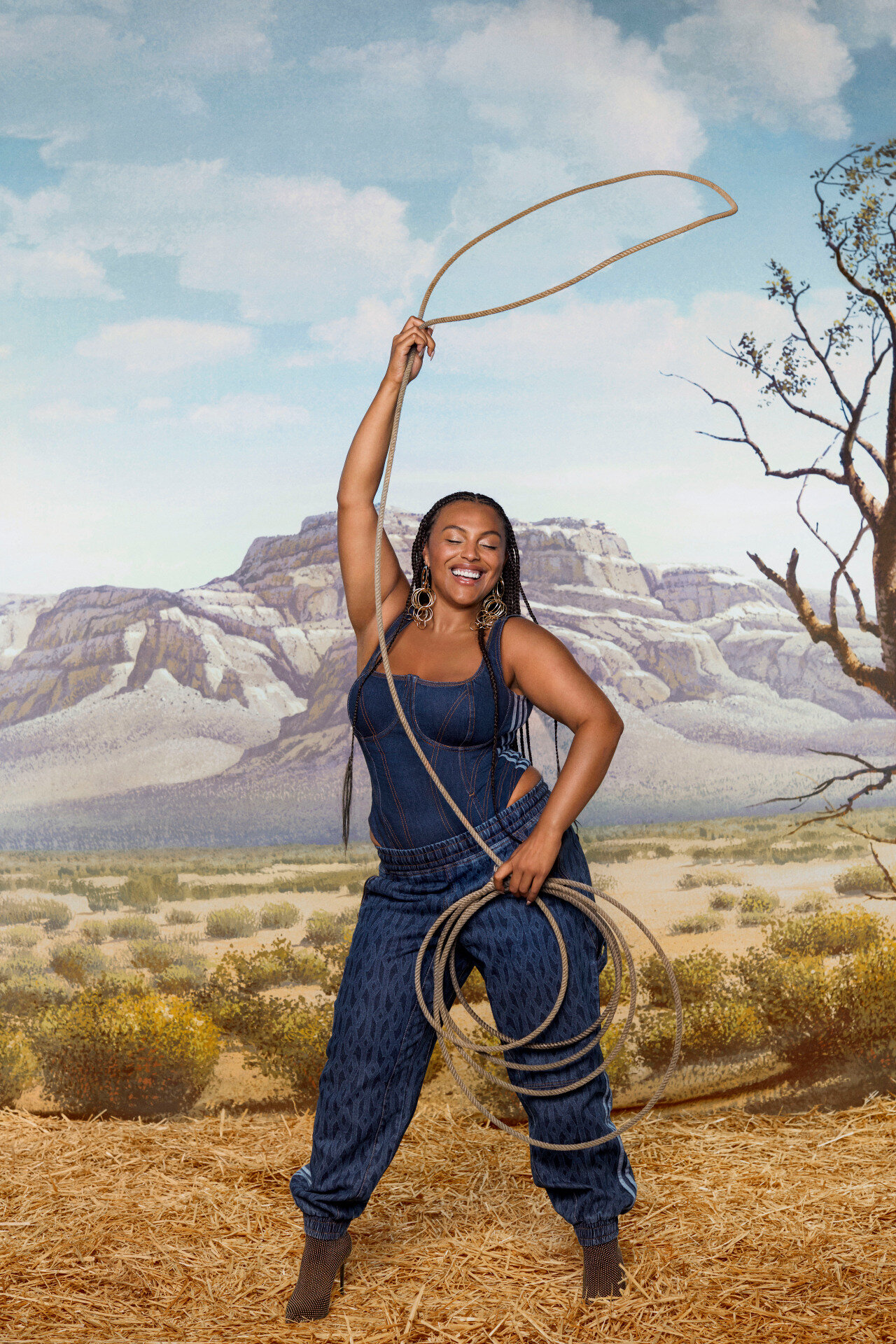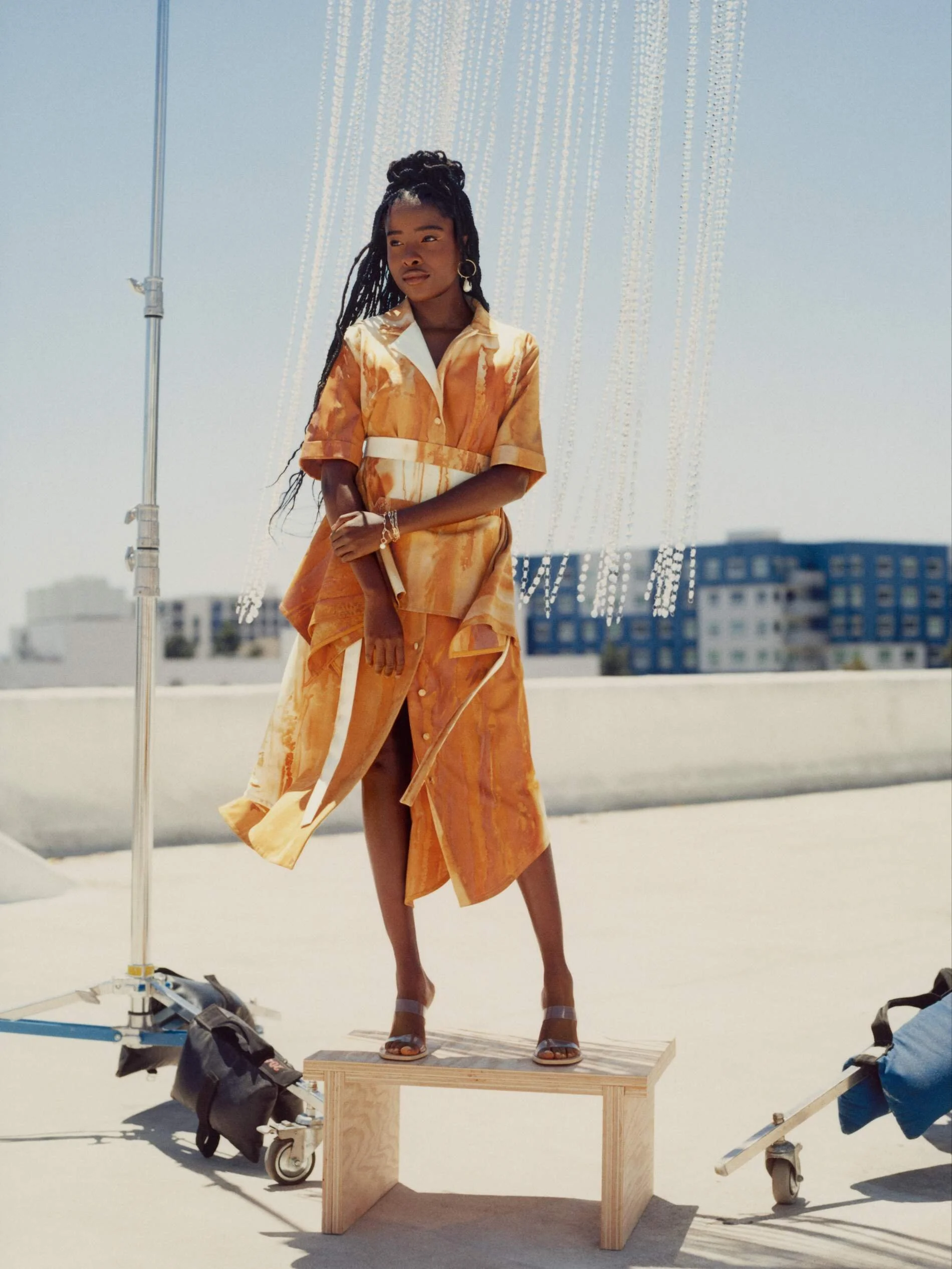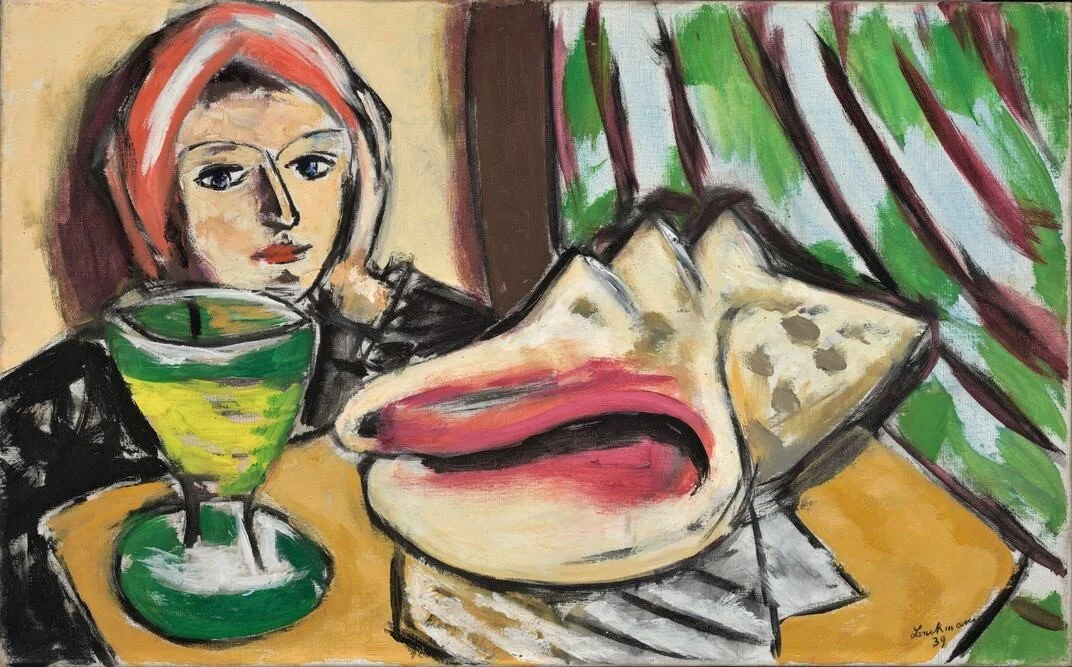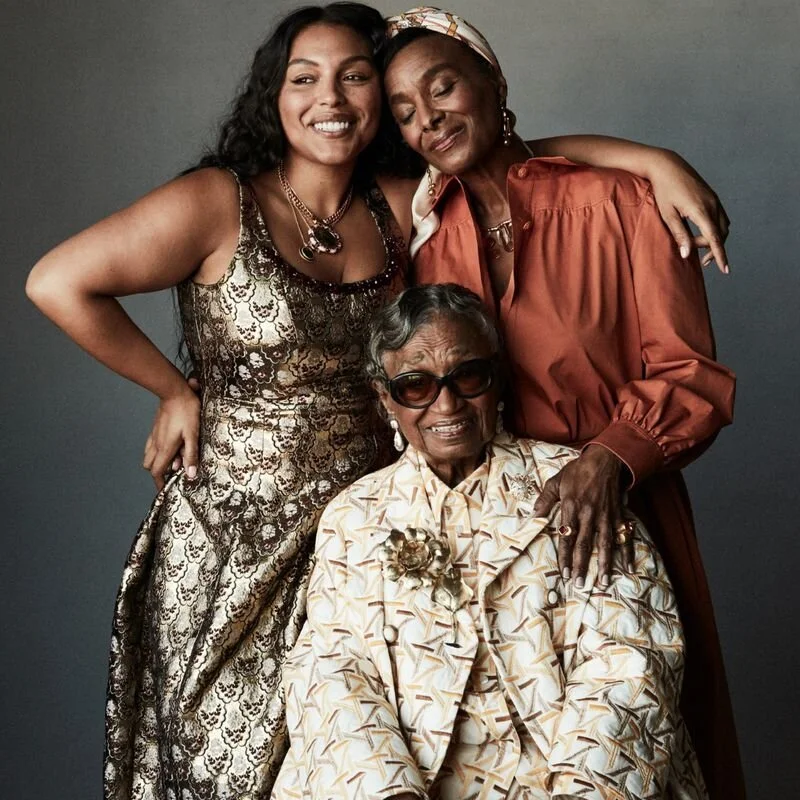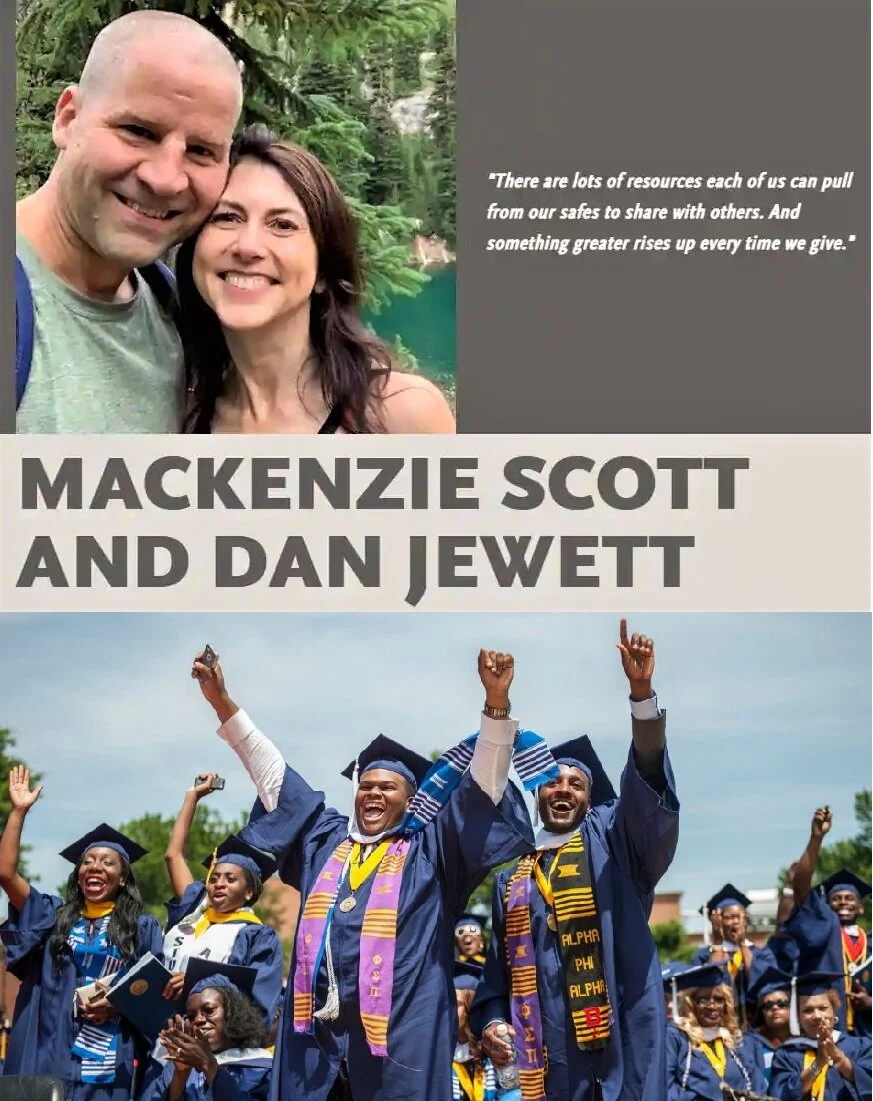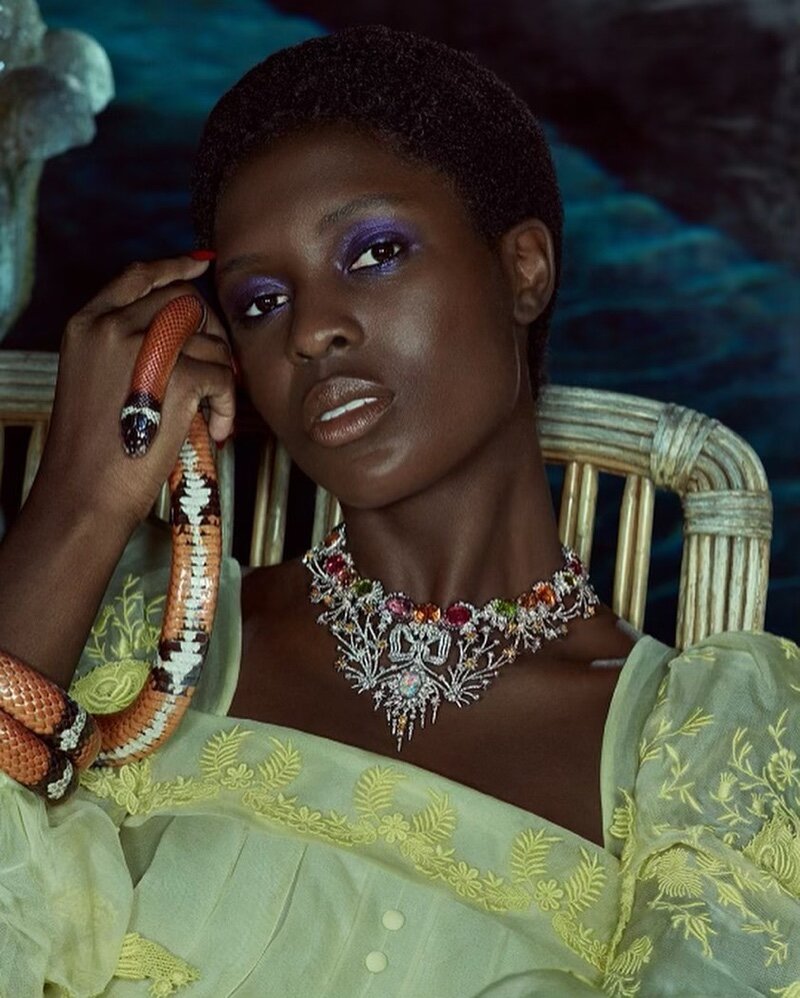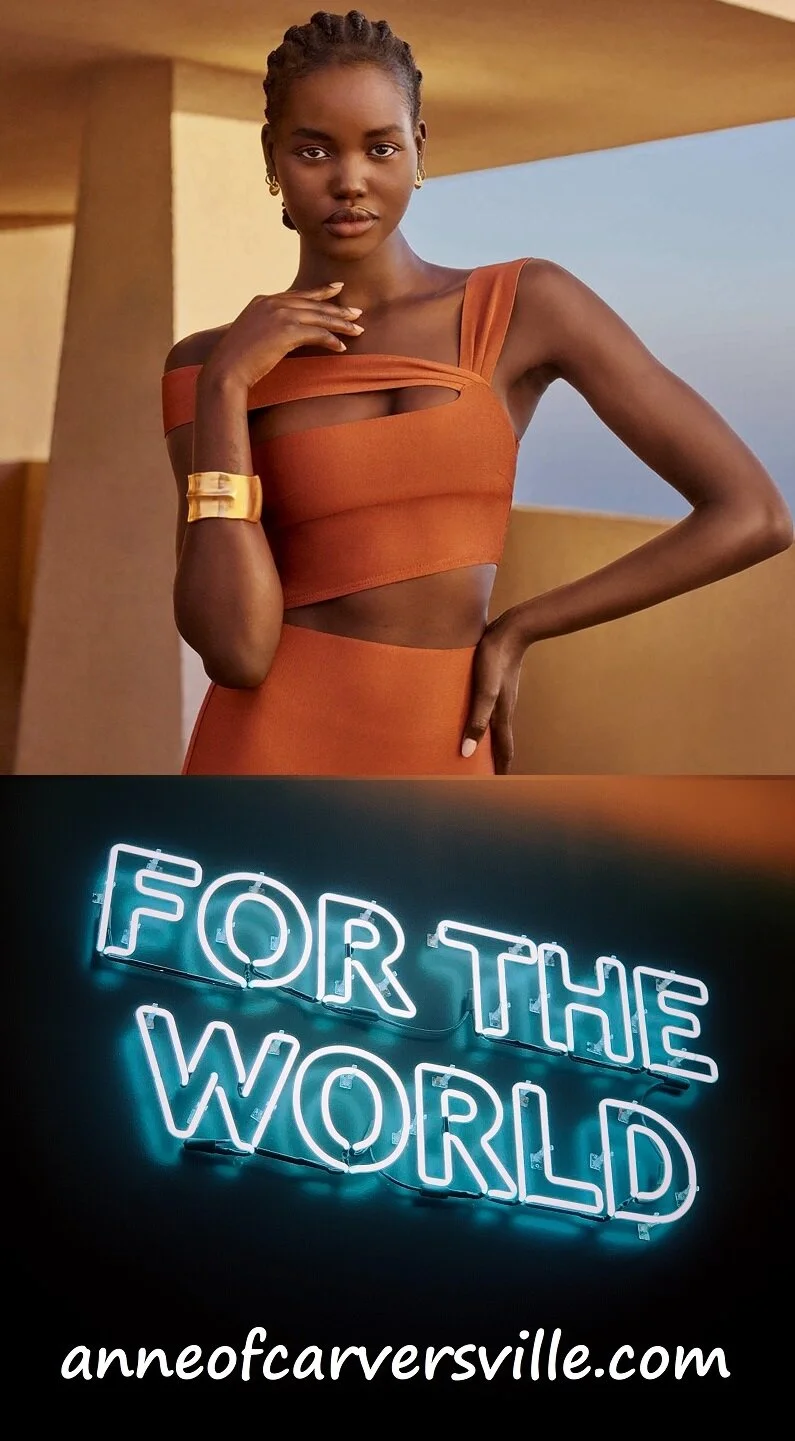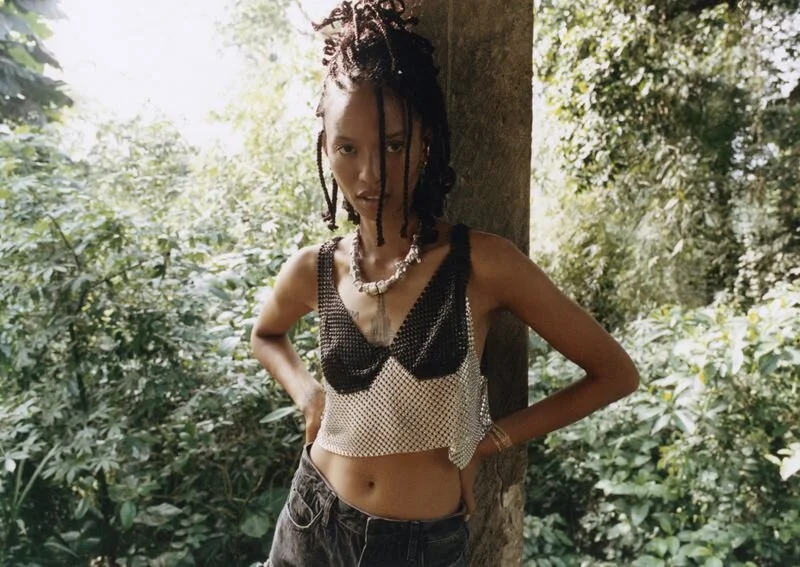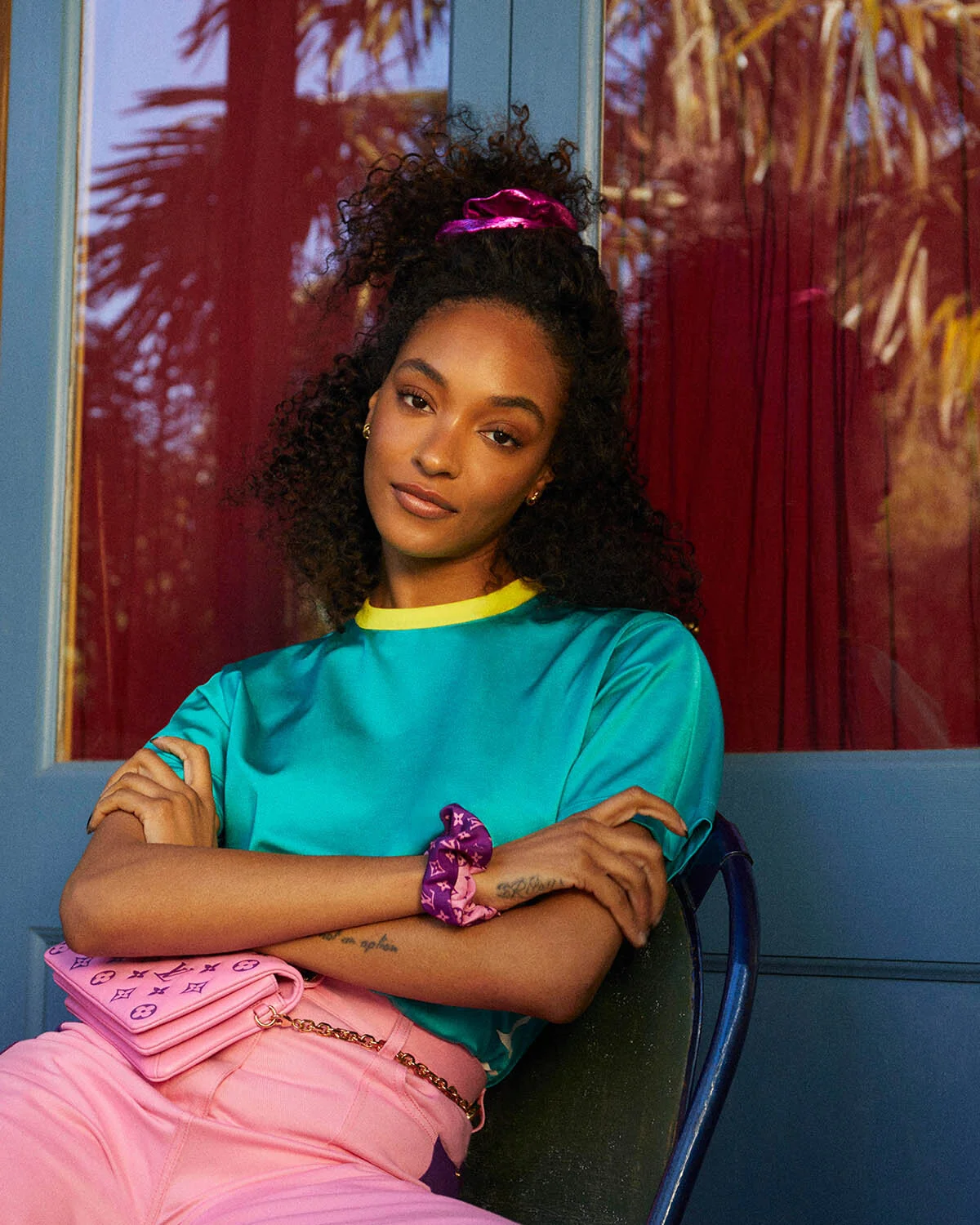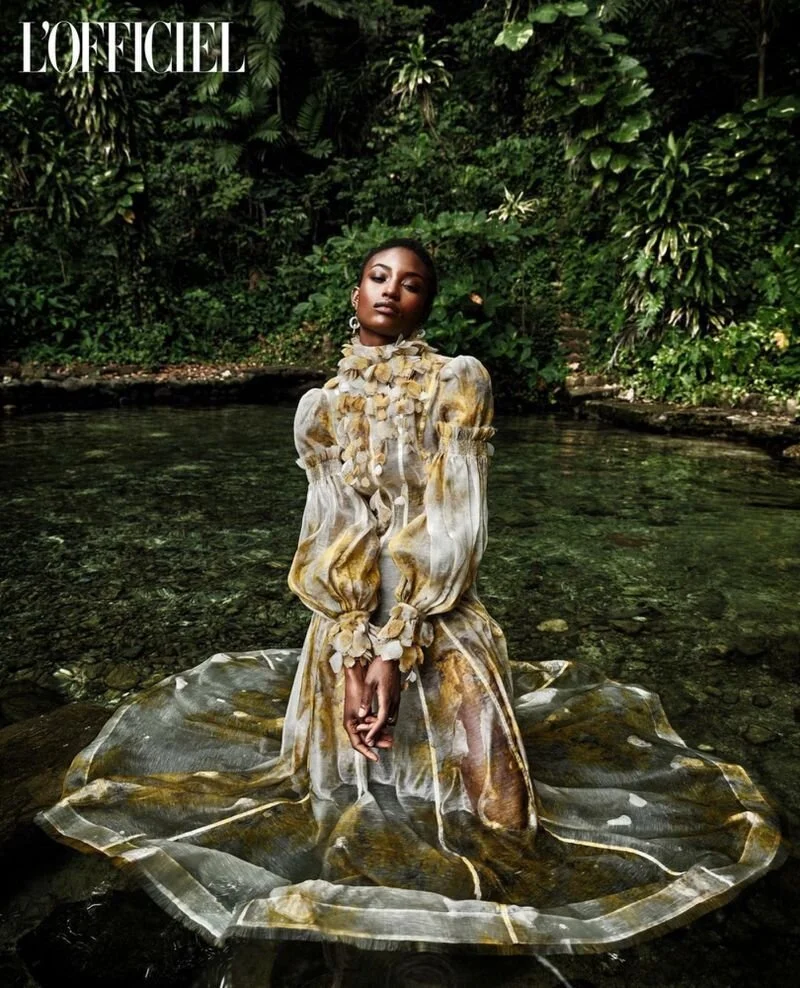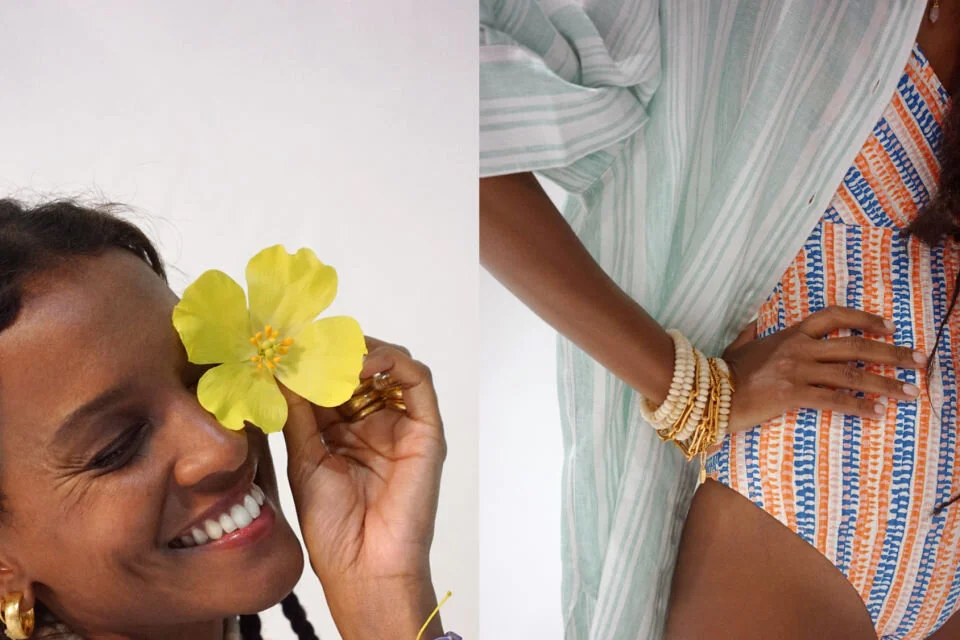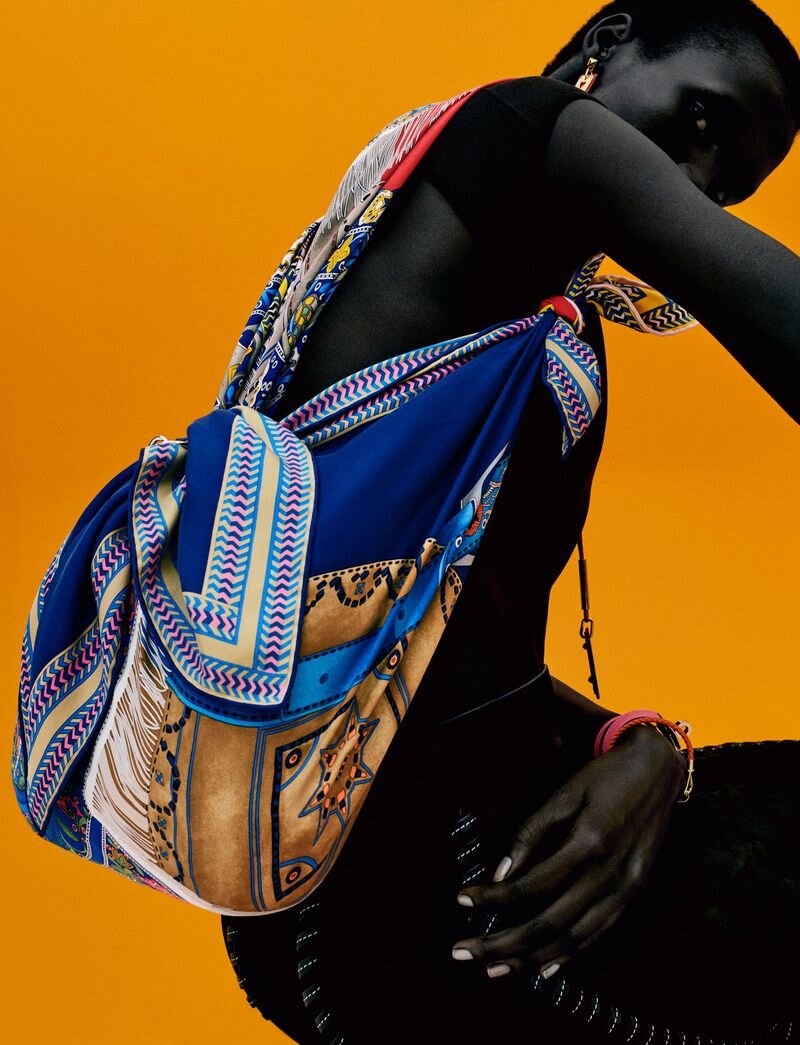Viola Davis by AB+DM Talks Ma Rainey and Glorious Aunties for InStyle Magazine
/American actor and producer Viola Davis, the first African American female actor to achieve the “Triple Crown of Acting” with an Academy Award, an Emmy Award and two Tony awards covers the December 2020 issue of InStyle Magazine. Editor-in-chief Laura Brown sits down with “the acting great” to give her voice a platform for sharing her thoughts on “community, humanity and where we go from here.”
African-American, LA-based fashion photography duo AB + DM (IG) captures Viola Davis, who is not prone to small talk. So true! Davis is full of emotional tension around her current Netflix release ‘Ma Rainey’s Black Bottom’, the film adaptation of August Wilson’s 1984 play. Davis worked with co-star Chadwick Boseman, in what would be his last performance before he passed in late August of color cancer.
Reflecting on channeling the great 1927 blues singer Ma Rainey, Viola Davis responds to Laura Brown’s observation about ‘commanding one’s body’ and how Ma Rainey did just that. Davis’ reflection takes us back to the same aunties we visited in the current American Vogue editorial that so enraptured AOC last week
Everything attracted me to Ma Rainey, especially the idea that I didn’t feel I could play her. But she also really reminds me of the women I grew up with, all my aunties and relatives, the people who were bigger in stature whom I saw as so beautiful. They never questioned their worth. They had the full makeup, the earrings, the Afros, the wide-leg pants. In white American culture, the idea of classic beauty and confidence has always been associated with extreme thinness, but not in my culture. In the African-American culture, we are in command of our bodies. There’s an unapologetic way that we approach clothing. Even in the way Ma Rainey’s breasts were hanging out. At first I was like, “Should I pull my dress up and be more modest?” But I had to channel Ma, and she wouldn’t do that. Neither did my relatives.
Just yesterday AOC was investigating the most recent research on Black women having fewer insecurities around body image than white women. Nothing much has changed since 2012-2014 when multiple in-depth studies confirmed this reality.
Viola Davis raises an issue connected to racism that AOC feels strongly about, and that is the trauma of white people who are the oppressors of this historically unjust system. Admittedly, it’s packaged as white guilt and not trauma. But Viola’s sentiments say a great deal about the current American landscape:
“I think that [lawyer and politician] Barbara Jordan said it best. She said, “What people want is simple. They want an America as good as its promise.” And the bottom line is that it is a system that’s been built on the dehumanization of Black and brown people. Everything from Jim Crow to the Black codes to incarceration to the millions and millions of lives lost in the Middle Passage. The trauma of that still reverberates to this day, and not just with the Black and brown people, but with the so-called oppressors, who are the white people. We all have been affected by the trauma. It’s almost as if we have to relearn how to interact with each other. How to love each other. How to meet each other as equals. That’s very difficult because our caste system is about one-upmanship. An American ideology and ethos that is based on whoever is on top gets the American Dream and whoever is on the bottom, who fails the test, does not. We have to dismantle that. If we are indeed woke and do not want another 2020 or 1965 or 1877 or 1865 to happen again, then we need to slowly begin dismantling this system. And then look into reparations.”
Read more of Laura Brown’s InStyle interview with Viola Davis and see all the product credits.


